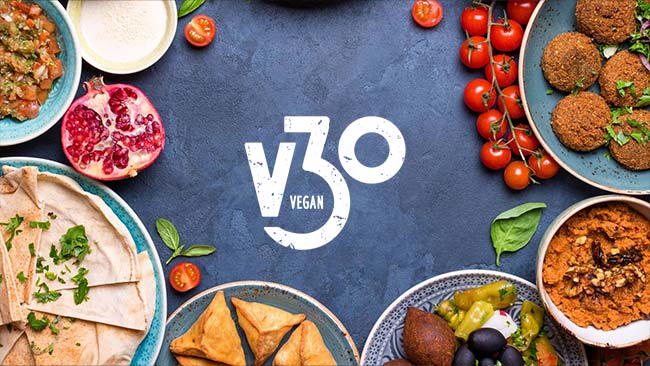Obesity

Obesity is defined as excessive fat accumulation that undermines your health and increases your risk of premature death. People with their body mass index (BMI) over 30 are considered obese.
When your body weight reaches that level, it puts you at an increased risk for heart disease, high blood pressure, diabetes, arthritis, gallstones and some cancers. Being obese also weakens the immune system and so increases the recovery time after an illness or injury.
A large study looked at meat consumption and weight among US adults and found that those who ate the most meat were around 27 per cent more likely to be obese and 33 per cent more likely to have central (around the waist) obesity compared to those eating the least (Wang and Beydoun, 2009). Another scientific study brought similar results – people who ate the most red and processed meat were 37 per cent more likely to be obese than people who ate the least (Rouhani et al., 2014).
An extensive European study also found this link – meat consumption went hand-in-hand with weight gain (Vergnaud et al., 2010). Interestingly, the scientists discovered that eating 250 grams of meat daily would make you gain around half a kilogram more weight per year than eating the same number of calories from different foods.
A few years later, research analysing data from 170 different countries revealed that meat intake was directly linked to excess weight. In fact, meat turned out to be as bad as sugar for weight gain (You and Henneberg, 2016; You and Henneberg, 2016a).
The likely reasons are that meat always contains considerable amounts of saturated fat but also that excess protein (that your body cannot immediately use) is also stored as fat.
Recently, a large study on foods and the risk of obesity found that whole grains, vegetables, fruit and pulses help to prevent obesity while red meat, refined grains and sugar-sweetened drinks increase it (Schlesinger et al., 2019).
When it comes to healthy weight loss, wholefood vegan diets are extremely effective at achieving and maintaining a healthy weight, even without portion restriction (Huang et al., 2016; Turner-McGrievy et al., 2015 and 2017; Najjar and Feresin, 2019). Unlike all other diet groups, vegans have a consistently healthy body mass index (BMI) across studies and populations (Le and Sabaté, 2014; Najjar and Feresin, 2019).
Cutting meat out of your diet is not just a healthy choice, it’s also an ethical and sustainable one. If you’re used to meals based around meat, the idea of going meat-free may be daunting but we’re here to help make it super easy! Try vegan!
Sign up to our daily emails for a week to receive mouth-watering meal plans, nutritional advice and health information.
If you want to try it for a month, sign up to 30 days of delicious vegan recipes, tips and product info… all free!
All about meat
Find all the above and more in Viva!’s hard-hitting scientific report Meat the Truth.






